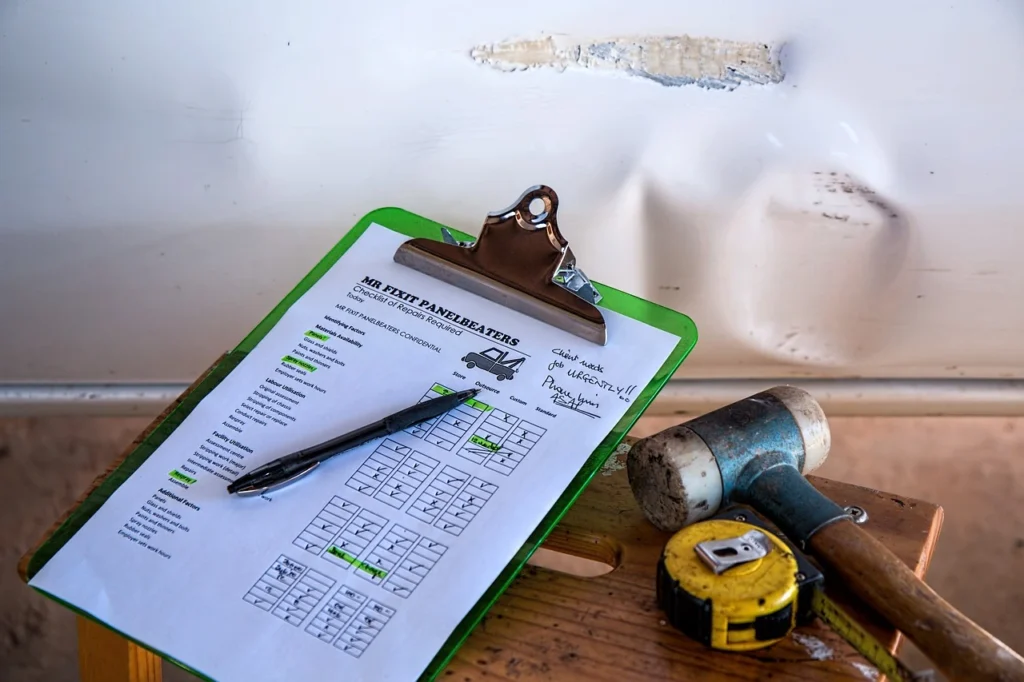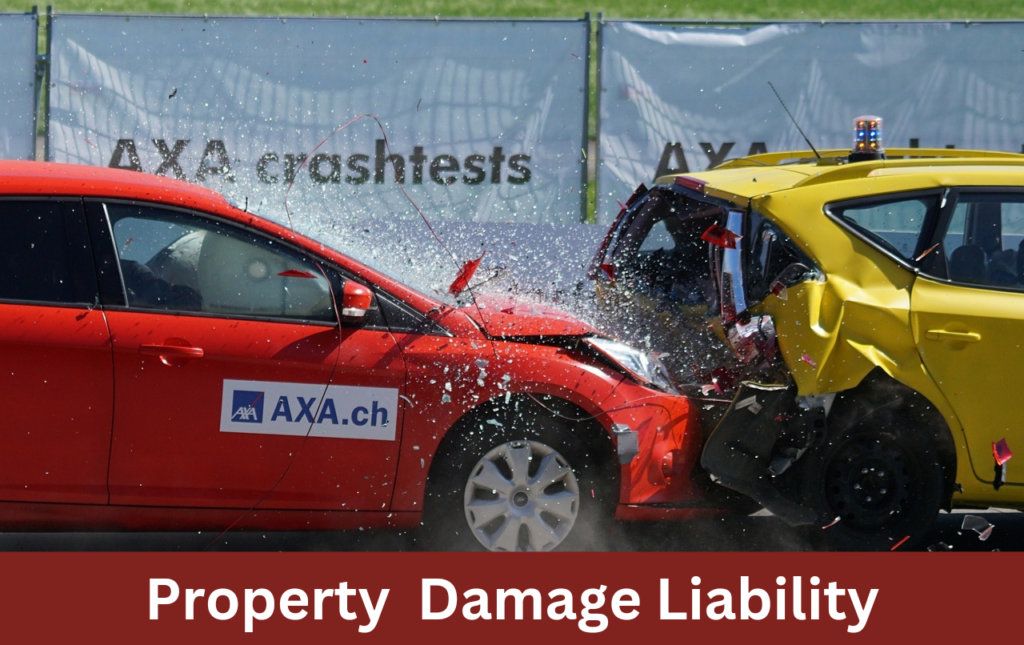Civil Car Coverage: Comprehensive Guide For USA, Laws, Requirements, and Options
The United States has over 276 million registered vehicles on the road. This huge number poses a greater risk of unforeseen incidents and accidents occurring. In this hour of danger, every car owner must have adequate civil car coverage. It will help safeguard not only your financial well-being but will protect you from potential liabilities.
Civil car coverage is also known as personal automobile insurance. This insurance provides car owners financial protection against damages, injuries and other issues that occur while operating a vehicle. In short, having civil car coverage is very important.
According to the laws of the United States, it is mandatory to have civil car coverage in certain states. However, every state has different rules and car coverage requirements. These civil car coverage guidelines can be a bit complex for beginners. For this purpose, in this article, we are going to provide you with a comprehensive guide that will give you an in-depth understanding of civil car coverage.
We will go through some essential topics such as state-by-state coverage requirements, mandatory and optional coverage options and claims process. In short, this article will help you gain knowledge about the civil car coverage that will give confidence to drive freely on the roads.
Also Read: 6 Best Studded Snow Tires For Winter Driving (+Studdable Options)
Overview of Civil Car Coverage
Civil car coverage is a need in today’s fast-moving vehicle world. It is a type of insurance that you can avail of in case of damages, injuries or other losses that occur while operating your car. This insurance helps you to cover the cost associated with accidents, vandalism, theft or any other unforeseen event.
Types of Civil Car Coverage
Here is a brief overview of car coverage types.
1. Liability Coverage
Liability coverage allows you to cover the damage that you did to other people or their property.
- Bodily Injury Liability (BIL)
- Property Damage Liability (PDL)
2. Collision Coverage
Collision coverage covers accidents, regardless of which car is at fault.
3. Comprehensive Coverage
Covers damages to your vehicle from non-accident events (theft, vandalism, natural disasters).
4. Personal Injury Protection (PIP)
PIP covers medical expenses for you and your passengers.
5. Uninsured Motorist Coverage
Covers damages if the other driver is uninsured or underinsured.
6. Additional Coverage Options:
- Rental Car Insurance
- Roadside Assistance
- Glass Repair
- Towing
Benefits of Civil Car Coverage
Here are some of the benefits Civil car coverage offers to car owners.
- It protects owners’ assets from lawsuits
- It covers the medical expenses of drivers and passengers.
- Civil car coverage gives financial support to meet all repairs and replacement costs.
- Gives financial security to the car owner.
- Civil car coverage fulfils mandatory state requirements.
Policy Structure

There are two types of civil car coverage policies. A brief overview of these is below.
- Premium: premium coverage involves paying coverage amount on an annual or monthly basis.
- Deductible: In this type of coverage all the amount is paid at once before the actual coverage begins.
All these coverage policies have a policy term, which is the duration of coverage. It usually lasts 6 months or 1 year.
Civil Car Coverage State-by-State Requirements
Here is a brief overview of state-by-state car insurance policies in the United States.
| State | Liability | Uninsured Motorist Coverage | Personal Injury Protection (PIP) | ||
| Bodily Injury Liability (BIL) per person | Bodily Injury Liability (BIL) per accident | Property Damage Liability (PDL) | |||
| California | 15 | 30 | 5 | Required | Optional |
| Texas | 30 | 60 | 25 | Optional | Optional |
| Florida | 10 | 20 | 10 | Optional | Required |
| New York | 25 | 50 | 10 | Optional | Required |
| Illinois | 25 | 50 | 20 | Required | Optional |
| Ohio | 25 | 50 | 25 | Optional | Optional |
| Georgia | 25 | 50 | 25 | Required | Optional |
| North Carolina | 30 | 60 | 25 | Required | Optional |
| Michigan | 20 | 40 | 10 | Required | Required |
| Arizona | 15 | 30 | 10 | Optional | Optional |
Ensuring the specific rules and regulations of the state you are driving in is crucial to ensure compliance and avoid potential penalties.
Mandatory vs. Optional Coverage
Civil car coverage is useful for the car owner but there are options as well. Here are details that will help you know more about it.
Mandatory Coverage
Mandatory coverage is the type of coverage that is required by the state to operate your vehicle. It usually refers to a minimum level of insurance required. These requirements vary by state.
Types of Mandatory Coverage
There are several key types of mandatory automobile insurance coverage that drivers in most states must maintain.
- Bodily Injury Liability (BIL)
Bodily injury liability protects against financial damages if an insured driver causes harm to others in an incident. This coverage kicks in to cover medical bills for the injured parties.
- Property Damage Liability (PDL)
Property damage liability is also commonly required and pays for repairs if an at-fault insured damages someone else’s vehicle or other property in an accident.
- Uninsured Motorist Coverage
Additionally, uninsured/underinsured motorist coverage must usually be carried out to protect policyholders financially if they are injured by another motorist who either lacks insurance or has inadequate coverage. Coverage amounts and specific requirements differ depending on local legislation but fundamentally aim to reasonably protect at-fault and faultless parties from financial ruin resulting from auto accidents. Responsible drivers verify their state’s minimums and ensure their insurance portfolio complies with all mandatory provisions.
Optional Coverage
Optional coverage includes options that are not mandatory but car owners can opt just for the financial protection. Here are some of these optional civil car coverage options.
Types of Optional Auto Insurance Coverage
- Collision Coverage pays for repairs when accidents cause damage to a vehicle, no matter who is at fault. This type of coverage can help cover costly bodywork in situations like minor fender benders or even multi-car pile-ups.
- Comprehensive Insurance offsets financial losses from incidents unrelated to collisions, such as fallen trees or flying gravel cracking windows, storm damage ruining paint jobs, or unfortunate circumstances involving theft or vandalism. Nature and criminals show no mercy on vehicles.
- Medical Payment options like Personal Injury Protection ensure hospital bills and doctor’s costs for both policyholders and passengers obtain a settlement in the wake of an accident’s injuries. No one expects trauma, so this coverage provides peace of mind.
- Rental Reimbursement pays the often exorbitant tab a rental car company charges while undergoing Collision or Comprehensive repairs. Without it, being without a vehicle adds injury to misfortune.
- Roadside Assistance services such as jump starts, flat tyre changes, lockouts, and towing avert headaches along life’s roadways. Small problems worsen quickly, so signing up for this protection eliminates hassles.
- Glass Repair foot’s bills to fix or replace broken windshields or cracked window glass caused by rocks and such. A single chip can lead to greater fracturing if left unattended.
- Towing packages haul vehicles off highways to garages or homes if disabling breakdowns or accidents strike, avoiding heavy accruing fines or additional problems caused by becoming stranded.
State-Specific Requirements
Some states require additional mandatory coverage, such as:
- Michigan: Mandatory unlimited lifetime medical benefits for catastrophic injuries.
- New Jersey: Mandatory $250,000 in liability coverage for certain vehicles.
Factors Affecting Civil Car Coverage Rates
If you are willing to get civil car coverage then you should know that many factors affect the civil car coverage rates. Some of them are listed below.
- Driver demographics (age, gender, location)
- Value of vehicle
- Type of vehicle
- Driver driving history (accidents, tickets)
- Annual mileage of caf
- Credit score
Civil Car Coverage Claims Process
Here is a step-by-step procedure you can follow to claim your car insurance.
- The very first step is to inform your insurance provider about the incident as soon as possible.
- Provide them with all the details about the incident, including date, time, location, reason, parties involved, etc.
- Fill out the claim form. It will be provided by your insurer.
- Attach all the supporting documents with the claim form. Supporting documents include medical reports, hospital bills, car repair bills, police reports etc.
- Next, the insurer will assign an adjuster to your case, who will verify and investigate your claim.
- The insurer will make a settlement offer to cover all your damage.
- Lastly, the insurer will pay you the settlement amount.
Final Thoughts
Civil car coverage is a responsible act. It provides the car owner with financial safety and it complies with the state laws.
By familiarizing yourself with the mandatory and optional coverage, state-by-state requirements, and factors affecting premiums and the claim process, you will be able to make better decisions about your car policy. In short, to enjoy peace of mind on the road, you should get your car insured.
Frequently Asked Questions
Can I customize my civil car coverage?
Yes, there are many options to customize your coverage. You can adjust limits and deductibles and can add additional coverage options.
What is the difference between full coverage and liability?
Full coverage includes everything, comprehensive coverage and collision, while liability coverage only covers damage to others.
Can I cancel my civil car coverage?
Yes, you can cancel your policy anytime, but it is recommended to review cancellation charges and potential coverage gaps.






